Nepal is in the midst of conflict for the past seven years, which has several economic, political, social and developmental implications in Nepal. This book, based on the analysis of social and natural resource conflicts, examines the causes of conflict such as failure to meet social, political, and economic needs of people due to scarcity of resources, corruption, bad governance, changing economic conditions, etc. This book critically looks on the fundamental structural causes of conflict and assessment of performance of existing conflict resolution apparatus available in Nepal. Responding constructively to social and natural resource conflicts requires more ingenuity, creativity, commitment and alternative methodology. This book provides alternative methodology to address over growing social and natural resource conflict in community to transform conflict into a means for positive non-coercive social change. The book argues that establishment of democratic ideals in governance systems and equitable distribution of resources can positively contribute to conflict. This book has demonstrated that existing legally engineered conflict resolution systems are expensive, pro-elite, and inaccessible to general mass of population and are heavily influenced by power and position. This book also challenges the dominant thinking and prevalent belief that social conflicts are always pathological, dysfunctional and should be suppressed through legal engineering to harmonise and homogenise the heterogeneous society.
Management of Social and Natural Resource Conflict in Nepal: Realities and Alternatives
In stock
Free & Quick Delivery Worldwide
reviews
Bibliographic information
Title
Management of Social and Natural Resource Conflict in Nepal: Realities and Alternatives
Author
Edition
1st ed.
Publisher
ISBN
9788187392323
Length
xviii+371p., Tables; Figures; References; Glossary; 23cm.
Subjects

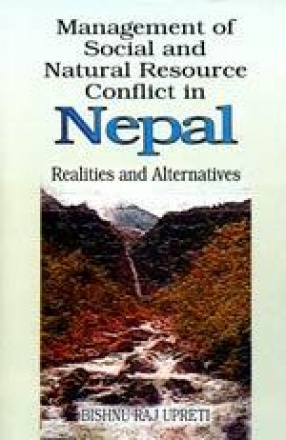
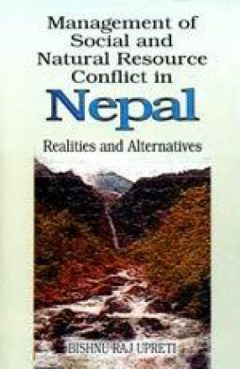
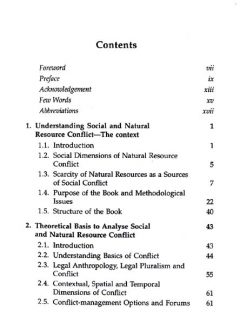
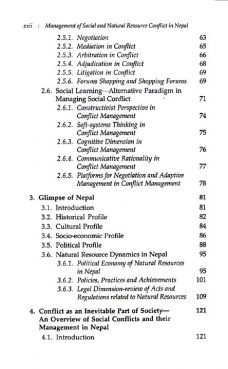
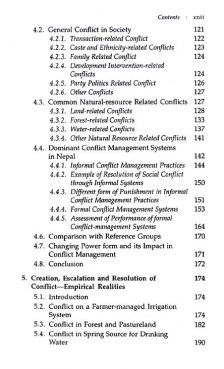
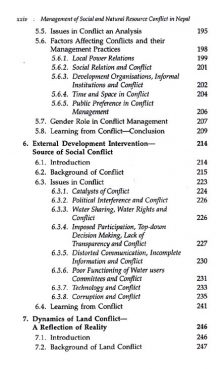
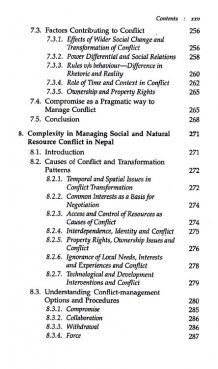
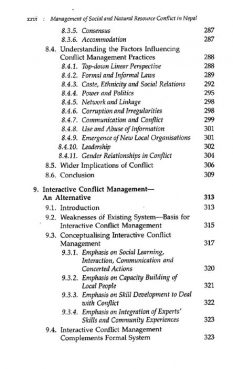
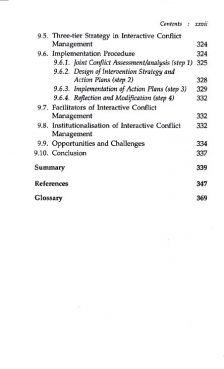
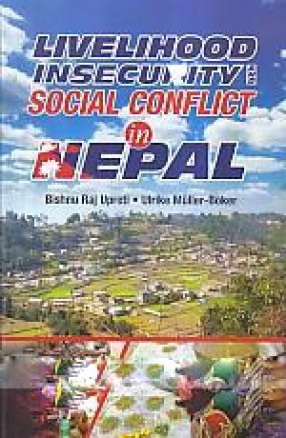
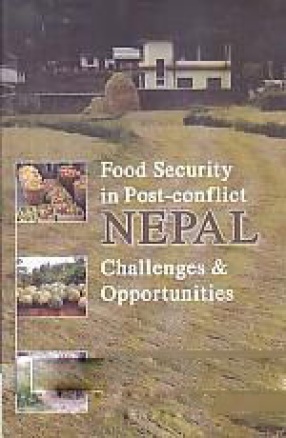
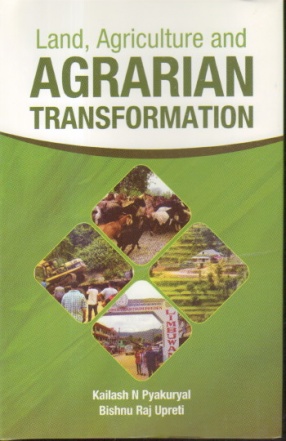

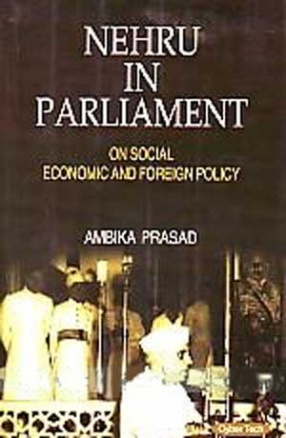

There are no reviews yet.